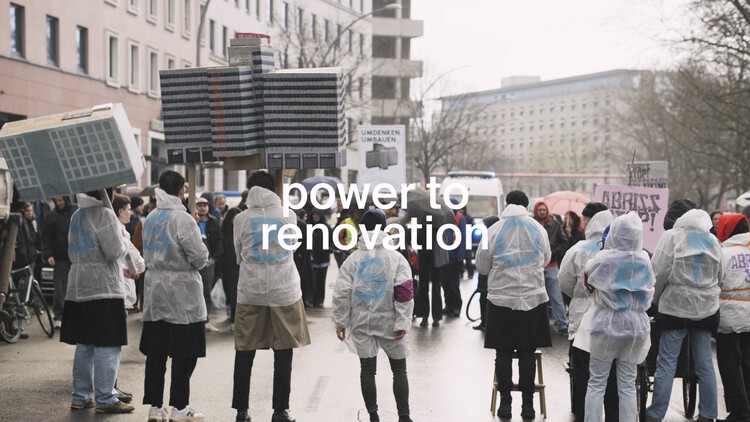
HouseEurope!, a registered non-profit organization focused on promoting the social and ecological transformation of Europe's built environment, has received the 2025 OBEL Award. Presented annually by the Henrik Frode Obel Foundation, the award recognizes architectural contributions with the potential to drive meaningful change. Aligned with this year's theme, "Ready Made," the OBEL Award Jury selected HouseEurope! for its efforts in raising awareness and fostering public engagement around the need for a shift in construction and housing practices across Europe.
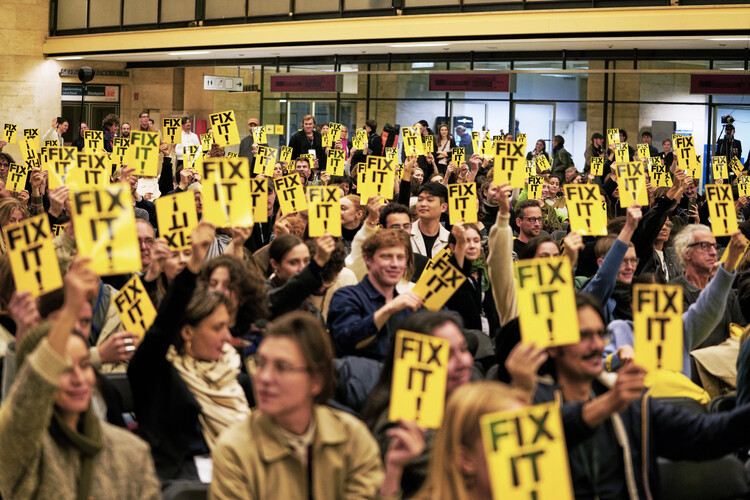
HouseEurope! is a European Citizens' Initiative advocating for legislation that prioritizes the renovation and adaptive reuse of existing buildings over demolition. Launched on February 1, 2025, the initiative aims to collect one million signatures from EU citizens to support a policy shift toward a more ecologically and socially sustainable built environment. Responding to projections that Europe could lose up to 1.5 billion square metres of existing space to demolition by 2050, an area larger than Paris and Berlin combined, the initiative highlights the environmental and cultural costs of current construction practices.
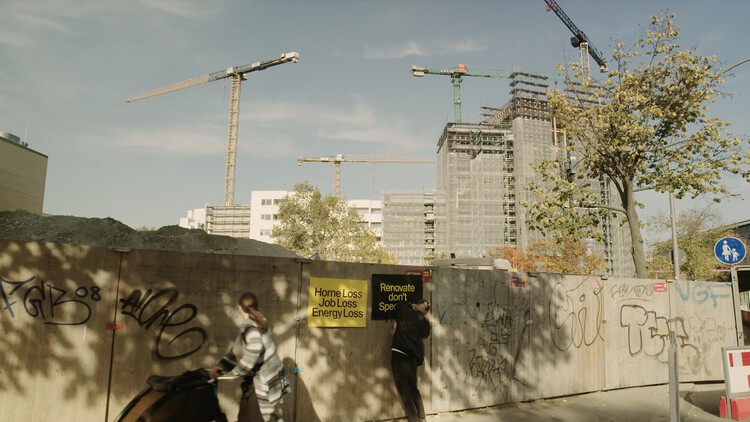
Every minute, a building in Europe is destroyed—not by natural disasters, but by financial speculation. And while a few profit, we all pay the price: with rising rents and rising temperatures. We're running out of time! HouseEurope! is a call to action: sign and support now to stop the demolition drama and renovate, don't speculate! – Olaf Grawert and Alina Kolar, HouseEurope!, Co-Initiators and Campaign Managers
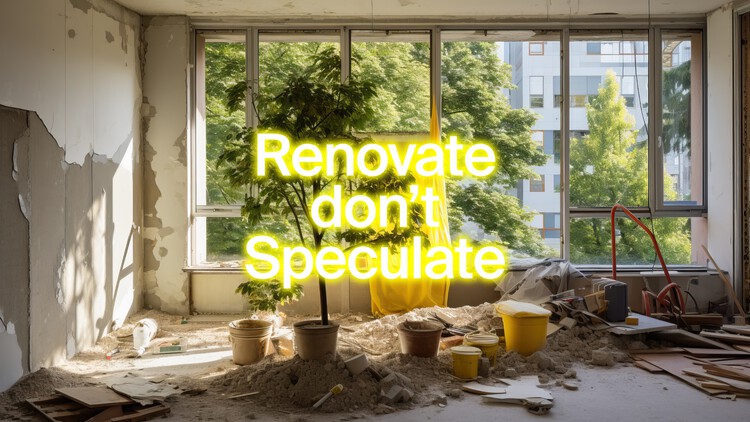
The building sector accounts for 38% of CO₂ emissions and generates over 36% of total waste in the EU, making it the region's largest emitter and waste producer. In light of these figures, HouseEurope! proposes a "right to re-use" policy built on three key pillars: tax incentives such as ultra-low VAT rates for renovations and reused materials; fairer evaluation standards that recognize the full potential of existing buildings; and updated value metrics that include the embodied energy and carbon content of structures. Through these measures, HouseEurope! seeks to embed reuse and transformation into European building culture, positioning existing architecture as a critical resource in the transition toward a more sustainable future.
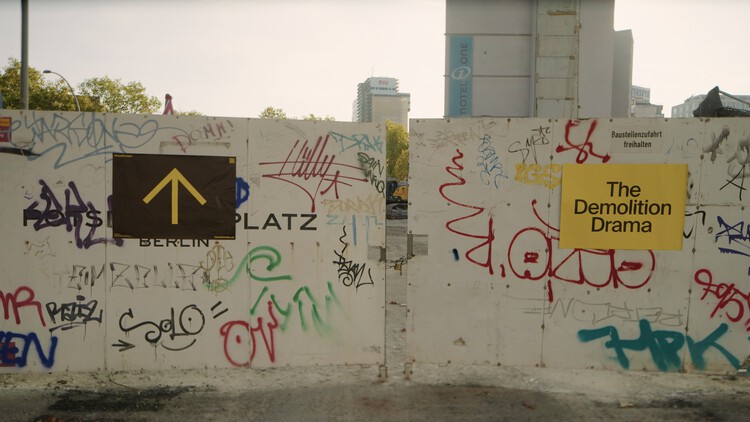
The citizens' initiative is also the subject of the documentary "To Build Law" released by the Canadian Centre for Architecture (CCA), conceived by Francesco Garutti and directed by Joshua Frank. It traces the teams of bplus.xyz (b+) and station.plus (s+) through their process of establishing a policy lab, HouseEurope!, and striving to enact industry reforms and a shift in cultural norms. The film represents the second chapter in the three-part series "Groundwork," with the first iteration following Xu Tiantian to Meizhou Island off the coast of China, and the third part focusing on the work of architect Carla Juaçaba in Minas Gerais, Brazil.
HouseEurope! demonstrates the scale, agency, and responsibility inherent in architecture. As architects, we are not merely practitioners who receive and execute instructions—we can and should act as civic agents within the political and social frameworks to work towards the common good. – Nathalie de Vries, MVRDV, Chair of the OBEL Jury
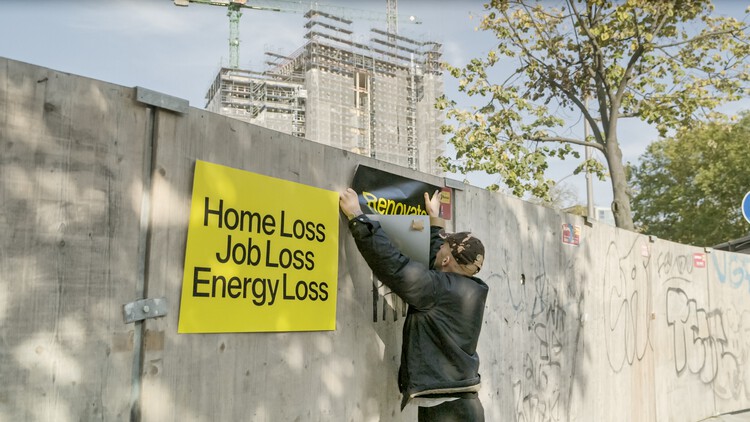
Founded in 2019, the OBEL Award supports impactful ideas and individuals that address the complexities, challenges, and vulnerabilities of the present era. This year, the jury, comprising internationally recognized architects, selected HouseEurope! not only for its systemic approach, but to emphasize that architectural excellence extends beyond the design of singular buildings. In an increasingly complex industry, where no single project can encapsulate the scale of transformation required, the 2025 OBEL Award foregrounds the significance of movements, ideas, and the power of collective action in shaping the future of the built environment. By awarding HouseEurope!, the OBEL Jury sends a message to the architectural profession and future generations of architects: the profession has the collective power to challenge and transform the systems that shape how we live together. The OBEL Award 2025 will be officially presented on 21 October in Brussels, home of the European Union, where the ECI will advocate for change, with events and public actions planned across Europe.
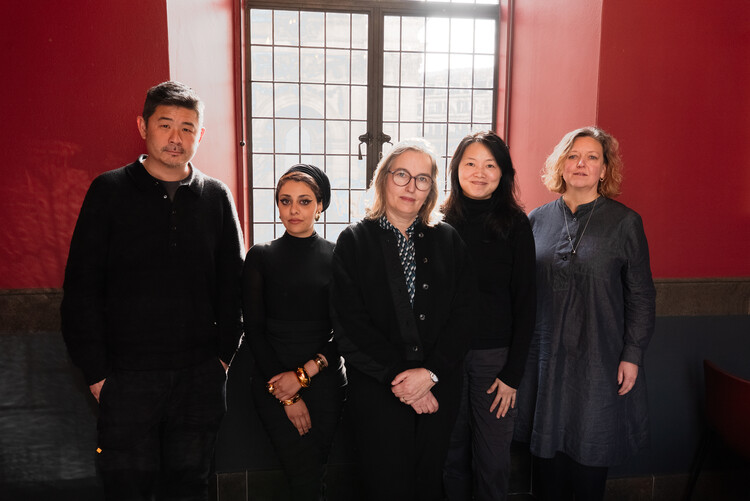
Jury Statement
For the 2025 focus—Ready Made—the OBEL Jury asks: How can we rethink, reinterpret, and repurpose existing resources? What are alternative modes of production and approaches to practice that can prioritise what already exists? And how can architects challenge aesthetics, supply chains, and policy frameworks to collectively shape our built environment within planetary boundaries?
Given the complexity of the building industry and the systemic barriers to wide-scale adoption, it would be irresponsible to pedestal a single project—built or otherwise—as the definitive answer. While a range of built work and research offers inspiration for how we might approach the future of our material world, what's missing is scale and the potential for large-scale replication. This year's winner seeks to overcome those barriers by addressing one of the core issues prohibiting the implementation of Ready Made approaches: policy.
For that reason, the OBEL Award 2025 goes to HouseEurope!, a registered non-profit organisation conceived as a policy lab focused on legislative change and a citizen-led initiative currently running a European Citizens' Initiative (ECI).
This year's winner is not just a source of inspiration, but a call to action. With OBEL's support and endorsement, HouseEurope! is building broad momentum to change the very fundamentals of what gets built—and how. Through a pan-European campaign, the HouseEurope! team is pushing for citizen-driven legal proposals that bring the key issues at the heart of this year's OBEL Award to the courts of the European Parliament.
By January 31, 2026, the initiative needs one million signatures from EU citizens across at least seven countries. If successful, the European Commission must consider the proposal and establish a working group. This process gives citizens a direct voice in shaping EU policy. The goal is to pass new legislation that makes renovation and transformation more accessible, affordable, and socially equitable—prioritising reuse over demolition, and preserving homes and communities while saving energy and resources.
The OBEL Jury believes that recognising and awarding HouseEurope! sends a strong message to the profession and the next generation of architects: you have a voice, and the power to reshape the structures limiting our field. HouseEurope! mobilises architecture's collective scale—not just as a service profession, but as an active political and social force for the common good.
